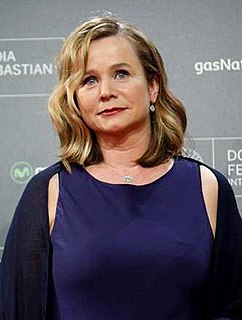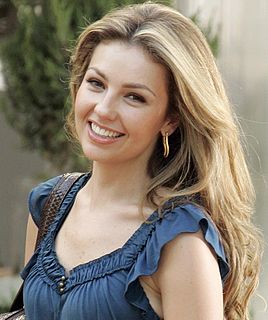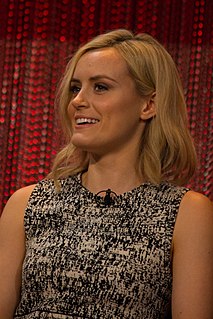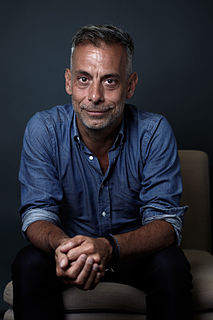A Quote by Emily Watson
As actors, we went where we wanted to, and the camera followed us: it was like having another person in the room. There was no formal structure to the process. It was very liberating.
Related Quotes
Everything in The Room, we did it the same way the big studios do it. The only difference is the budget and the actors. We put an ad in Back Stage West and in return we got almost 8,000 headshots from people who wanted to be in the film. We then do a process of selection and a rehearsal process after they are selected. The process of audition is very time consuming.
Having seen Justin's work on Bleak House, I knew that he'd be incredibly well prepared and interesting stylistically for this and that was definitely the case. It's very liberating for actors - and I can only speak for myself here - but he creates a very loose environment and he's a great collaborator.
It's as interesting to me as someday getting to play in some beautiful period piece where the costumes are from a completely different era. This feels as extreme as that, and that's really liberating. It's really liberating to just go 180 from what my life is like. I love that! I love not having to think about clothes. I wanted to wear a uniform when I was in high school, but I couldn't. I was like, "It would be so much easier!"
When you're the showrunner, you're the person that's in control of most of the details, and to be able to take all that and then to step right behind the camera and to have a direct line of communication with the crew and with the actors - to not be delivering that through another person - is pretty freeing and extremely stimulating.
I'm very heavily involved in the editorial post-production process, and the camera - it's just such a big part of my storytelling language. I like creating the tension; I like creating the emotion through the movement of my camera, or the lack of movement through my camera, depending on what fits the scene best.



































